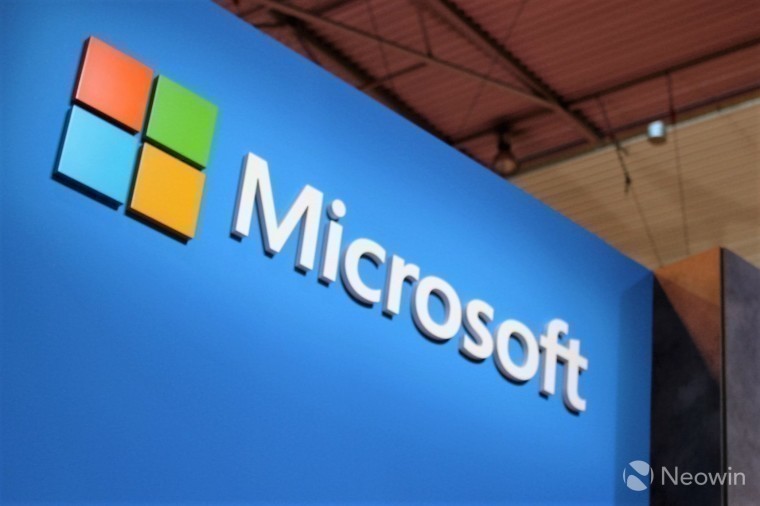Microsoft is celebrating Computer Science Education Week around the globe, emphasizing the need for children to be digitally literate in this fast-paced age of technology. The company is also placing special focus on women and girls, given the fact that around 50% of the world's population consists of females, yet they account for only 20% of Computer Science graduates in 34 of the countries which are members of the Organization for Economic Co-operation and Development (OECD).
Microsoft has now shared the views and predictions of 17 of its researchers - citing them as role models for females who aspire to be computer scientists in the future - asking them to predict the advancements in technology within the next ten years. While hardly any of them made predictions quite as (seemingly) impossible as the death of the QWERTY keyboard, they shared some very interesting theories.

Indian researcher Kalika Bali expects our speech and language technology applications to become more multilingual in 2017 than they are today. By 2027, she expects language models to be deeply embedded in cognitive models so AI systems can easily interact with humans. Jennifer Chayes believes the same and expects development of more reliable and robust algorithms for AI in the next decade.
Susan Dumais expects the eradication of the search box by 2027, and expects it to be replaced by functionality "that is more ubiquitous, embedded and contextually sensitive". Another researcher, Sara-Jane Dunn, has made another intriguing prediction, claiming that mankind will be entering the next era of programming revolution, dubbing it as the "era of living software".
US researcher Mary Gonzalez expects virtual reality to expand to other sensory modes such as haptic and tactile devices as well. Meanwhile, Mary L. Gray from New England predicts that most of our labor and other systems will be automated by 2027, so much so that consumers "may or may not know when they are reliant on a human worker-in-the-loop".
You can check out all the predictions and theories proposed by other Microsoft researchers by visiting the source link below.
Source: Microsoft









_small.jpg)








48 Comments - Add comment